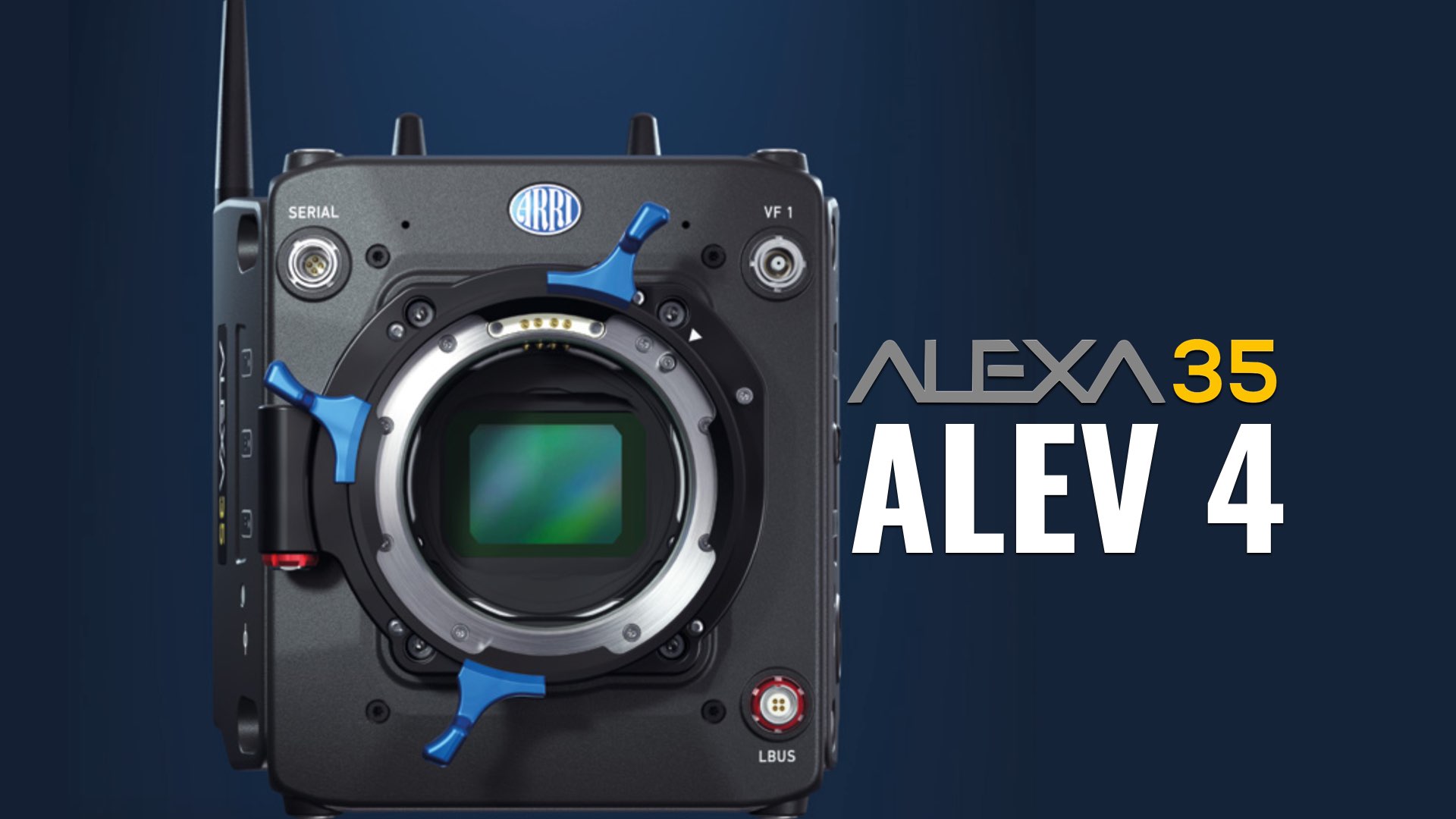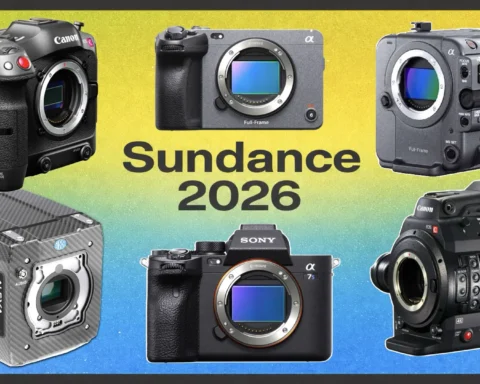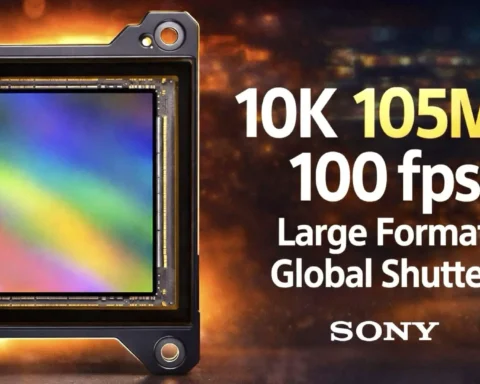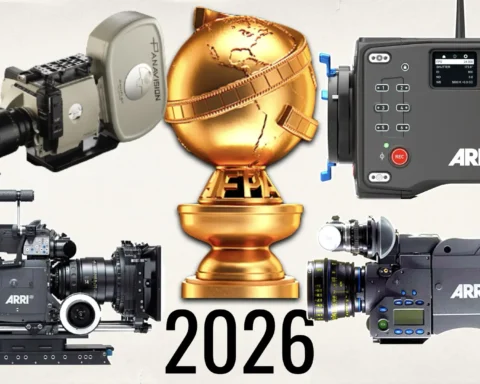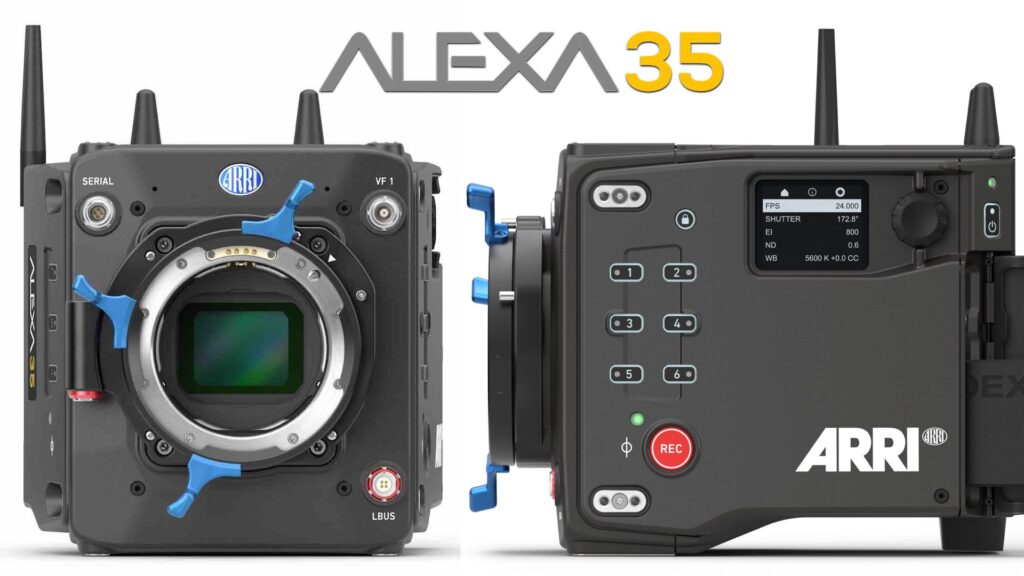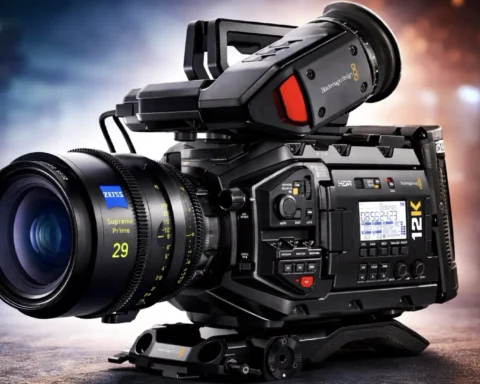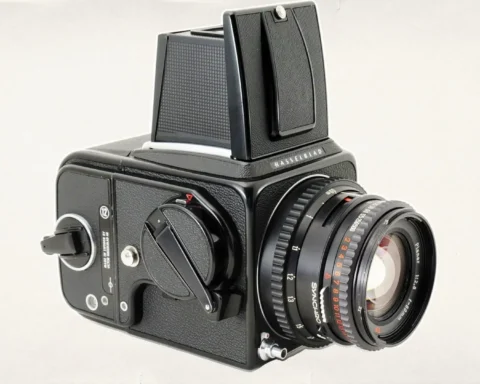The forthcoming ALEXA 35 incorporates a brand new sensor manufactured by ARRI. This Super 35 sensor titled ALEV 4 might become ARRI’s most important technological achievement which may imply ARRI’s next generations of cinema cameras.

ALEV 4 (IV): ARRI’s first new sensor
As stated in the ALEXA 35 brochure (the camera is going to be launched tomorrow), the ALEV 4 is “ARRI’s first new sensor for 12 years builds on the evolution of the ALEXA family over that period, delivering 2.5 stops more dynamic range, film-like highlight handling, better low light performance, and richer colors”. Here’re the specs of the ALEV 4:
- Sensor Type: Super 35 format ARRI ALEV 4 CMOS sensor with Bayer pattern color filter array
- Sensor Photosites and Size : 4608 x 3164 Ø 33.96 mm / 1.337″
- Sensor Frame Rates: 0.75 – 120 fps
- Photosite Pitch: 6.075 μm
- Sensor Mode in 4.6K 3:2 Open Gate: Active Image Area – 28.00 x 19.20 mm | Image circle – 33.96 mm | Resolution – 4608 x 3164 \ Max FPS – 35 / 75 fps (ARRIRAW)
And here’s what acclaimed cinematographers say about it: Cinematographer James Friend ASC, BSC: “It’s the best digital sensor ever made for motion picture photography. It has gifted me more technical and creative freedom”. Cinematographer Seamus McGarvey ASC, BSC: “I was so impressed by the latitude of the sensor, and I loved how it depicts colors as vividly as a stained-glass window. It is a game-changer”.

Furthermore, the ALEV 4 combines a new ARRI’s color science named REVEAL, which is the collective name for a suite of image processing steps that, along with the new sensor, help the camera to record more accurate colors with subtler tonal variations. Watch some screengrabs below:



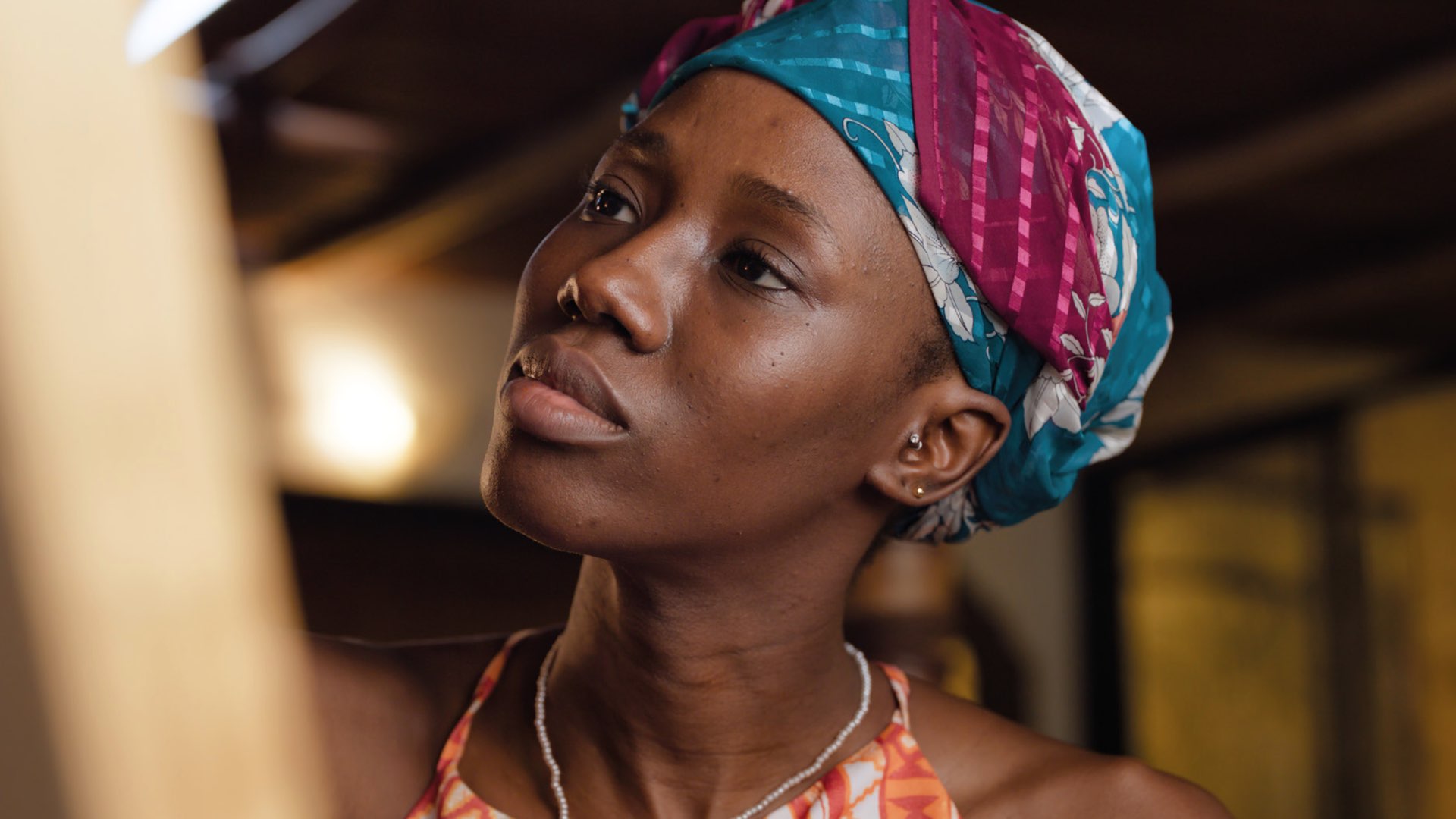
A new sensors division?
Till now, the ALEV sensors were developed by ON Semiconductor. The company has designed the ALEV III CMOS image sensor specifically for ARRI. Both companies have had a strong and collaborative relationship in the areas of product development and manufacturing for more than a decade. However, it seems that the ALEV 4 is a whole new animal. ARRI owns a few patents regarding sensors. The most recent patent was filled in October 2021 titled “Image Sensor”. The invention is credited to Michael Cieslinski who is a sensor specialist at ARRI. Anyway, this is not the sole patent application regarding sensors that ARRI has filled. It seems that ARRI has paved its way for manufacturing its own sensors, and the ALEV 4 is the first in the series.
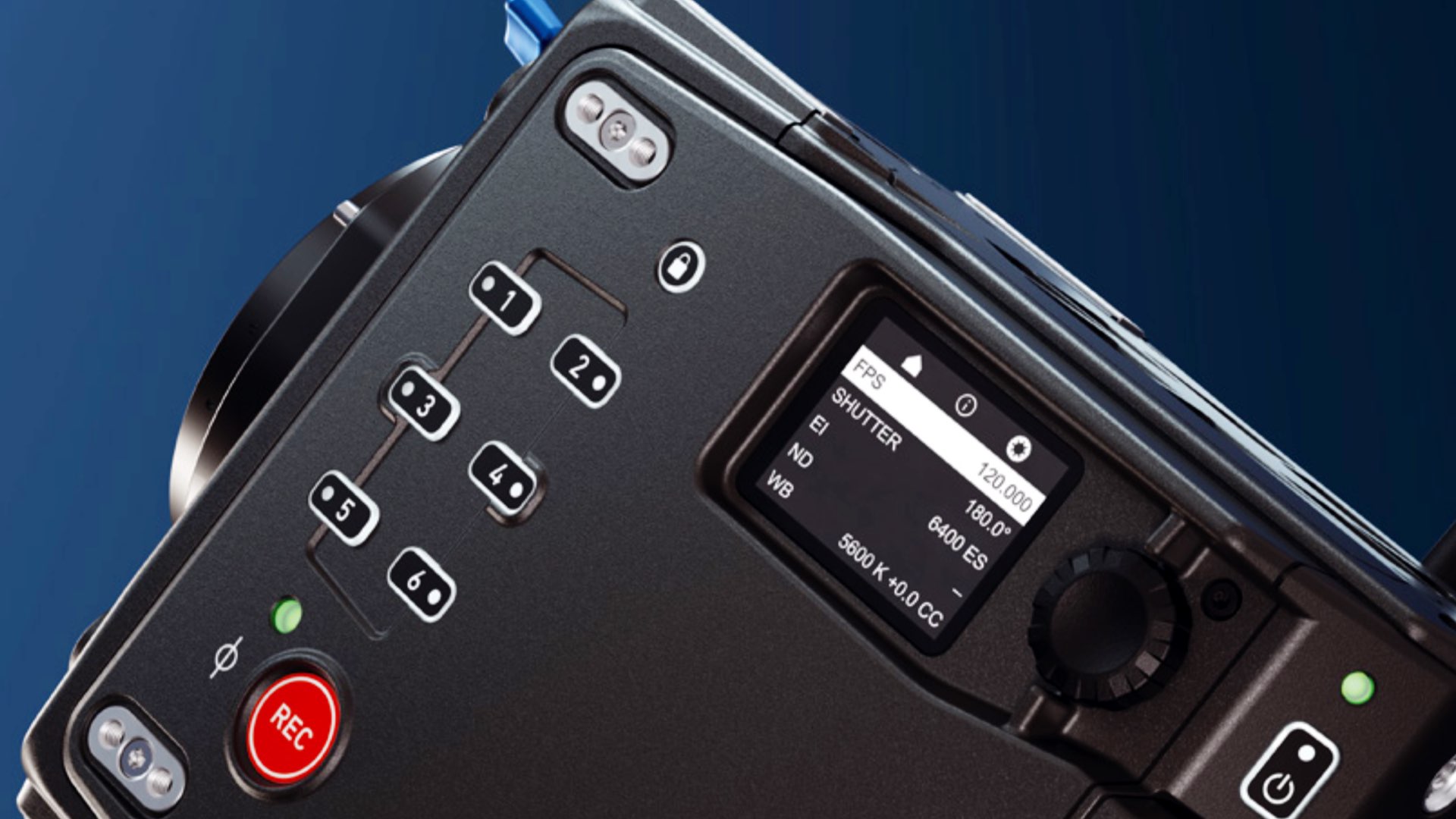
A new generation of cameras?
Although the ALEV 4 is a Super 35 sensor that was designed especially for the ALEXA 35, it can enter an evolution just like the ALEV 3. One of the major evolutions of the ALEV 3 came in 2014/2015 and was housed within the ALEXA 65 camera. The ALEV 3 A3X was reinvented as a larger-sized sensor offering a photosite count of 6560×3100 with the same large photosites known from the Super 35 sized sensor. This made ALEXA 65 the digital camera with the largest digital motion picture sensor on the market. Its image size even surpasses 65 mm film. Next in line was the ALEXA LF (2018) using the A2X version of the ALEV 3. Now imagine that: What if the ALEV 4 enters the same evolution (=two ALEV 4 stitched together….three ALEV 4 stitched together…). That can lead to an ALEXA 65 with 17+ stops of dynamic range with REVEAL implemented. That will be a whole new standard in cinematography. How cool is that? Let’s toyed with this idea…

